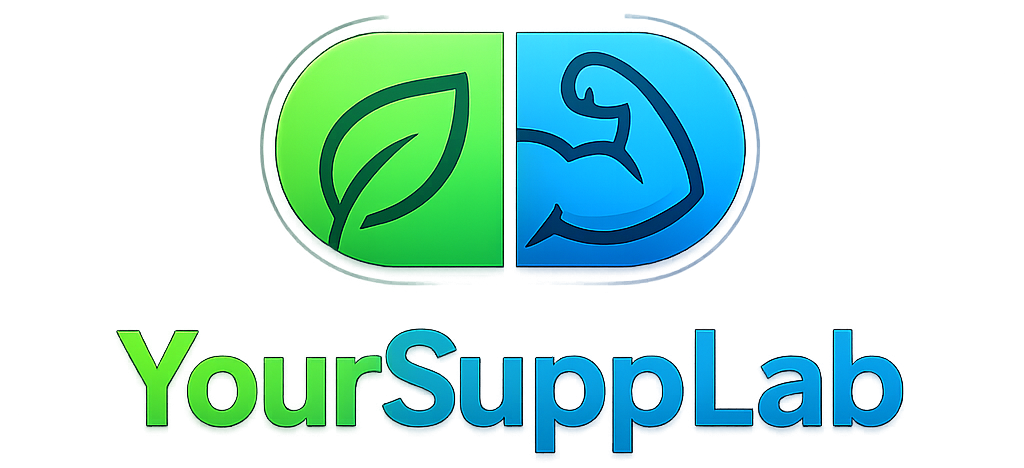Introduction
Becoming a mother is a beautiful yet challenging journey that demands extra care and attention to health, especially nutrition. Baby mama supplements have become increasingly popular as they provide essential vitamins, minerals, and nutrients that support both the mother and the baby during pregnancy, postpartum recovery, and breastfeeding. This article explores the benefits, types, and important considerations of baby mama supplements, helping mothers make informed decisions to enhance their well-being.
What Are Baby Mama Supplements?
Baby mama supplements refer to specially formulated vitamins and nutritional products designed to meet the unique needs of pregnant women, new mothers, and breastfeeding moms. These supplements typically include a blend of folic acid, iron, calcium, DHA, vitamin D, and other key nutrients that support fetal development, maternal health, and milk production.
Why Are Baby Mama Supplements Important?
Pregnancy and motherhood significantly increase the body’s nutritional demands. Proper intake of vital nutrients helps:
-
Support fetal growth and brain development: Nutrients like folic acid reduce the risk of neural tube defects.
-
Improve maternal energy and immunity: Iron and B vitamins prevent anemia and fatigue.
-
Enhance bone health: Calcium and vitamin D are crucial for strong bones for both mother and baby.
-
Support postpartum recovery: Nutrients aid healing and hormone balance after delivery.
-
Boost breast milk quality: DHA and other omega-3 fatty acids enhance cognitive development in infants.
Key Ingredients Commonly Found in Baby Mama Supplements
-
Folic Acid: Vital for preventing birth defects and promoting healthy cell growth.
-
Iron: Helps prevent anemia and supports oxygen transport.
-
Calcium: Strengthens bones and teeth of mother and baby.
-
Vitamin D: Aids calcium absorption and immune health.
-
DHA (Docosahexaenoic Acid): An omega-3 fatty acid important for brain and eye development.
-
Vitamin B Complex: Supports energy metabolism and reduces pregnancy-related nausea.
-
Iodine: Crucial for thyroid function and baby’s brain development.
-
Magnesium: Helps prevent cramps and supports muscle function.
How to Choose the Right Baby Mama Supplement?
Choosing the best supplement requires attention to quality, ingredients, and individual needs. Here are tips for selecting a suitable baby mama supplement:
-
Consult a healthcare provider: Personalized advice is essential.
-
Check for third-party testing: Ensures purity and safety.
-
Look for essential nutrients: Verify the presence of key vitamins and minerals.
-
Avoid harmful additives: Stay away from artificial colors, fillers, or allergens.
-
Consider dietary preferences: Vegan, gluten-free, or allergen-friendly formulas are available.
When to Take Baby Mama Supplements?
The ideal time to start taking baby mama supplements is before conception, continuing through pregnancy and postpartum as needed. Early supplementation supports critical stages of fetal development. Postpartum, these supplements help replenish nutrient stores and support breastfeeding.
Benefits of Baby Mama Supplements Backed by Research
Scientific studies confirm the positive impact of prenatal and postpartum supplementation on maternal and infant health outcomes. For example:
-
Folic acid reduces neural tube defects by up to 70%.
-
Iron supplementation lowers the risk of maternal anemia.
-
DHA intake improves infant cognitive functions and visual acuity.
-
Calcium and vitamin D intake reduce pregnancy-related hypertension and preeclampsia risks.
Potential Risks and Precautions
While supplements are generally safe, excessive intake may cause side effects or interfere with medications. Over-supplementation of vitamin A, for example, can harm the fetus. Always:
-
Follow recommended dosages.
-
Avoid self-medicating with multiple supplements.
-
Inform your doctor about all supplements being taken.
Natural Food Sources vs. Supplements
While a balanced diet rich in fruits, vegetables, whole grains, lean protein, and dairy is ideal, supplements help fill nutritional gaps when dietary intake is insufficient. Foods rich in folate (leafy greens), iron (red meat, legumes), and DHA (fatty fish) should complement supplement use.






